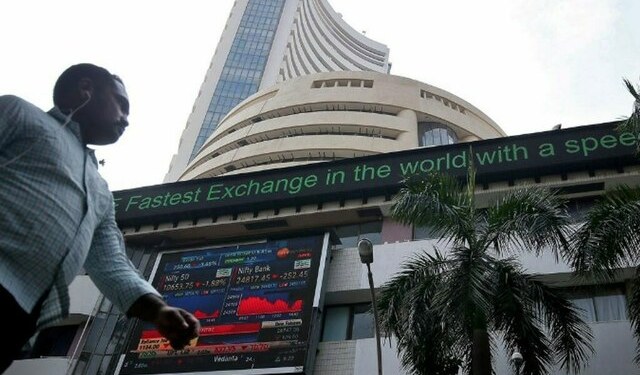By Hideyuki Sano
TOKYO (Reuters) – The dollar held firm in early Asian trade after U.S. jobless claims figures pointed to a improving labour market, reviving expectations of a reduction in U.S. monetary stimulus.
Lack of progress in budget and debt negotiations in Washington could also undermine investor risk appetite, capping gains in global shares.
Both Japanese shares and MSCI’s broadest index of Asia-Pacific shares outside Japan were little changed in early trade.
“Though U.S. jobless claims data is positive enough to marginally lift the market, investors need further evidence of a U.S. economic recovery as well as a settlement in Washington,” said Hanyang Securities analyst Lim Dong-rak.
The dollar’s currency basket index held firm after gaining 0.2 percent on Thursday, extending its recovery from seven-month low hit last week when the Fed decided not to trim its bond buying.
The dollar was also helped by the euro’s fall amid renewed concerns Italy’s fractious coalition government could fall apart.
Italian centre-right deputies supporting former Prime Minister Silvio Berlusconi renewed threats to resign if their leader is expelled from Parliament following a tax fraud conviction.
The euro traded at $1.3487, off seven-month high of $1.3569 hit last week while the dollar fetched 98.87 yen, maintaining its 0.6 percent gain on Thursday.
The yen showed no reaction to data that showed Japan’s core inflation rose to five-year high.
U.S. weekly initial claims for unemployment benefits dropped 5,000 last week despite economists’ expectations of a rise, helping U.S. shares to end a five-day losing streak.
The claims data’s four-week moving average, a key gauge that smoothes out weekly volatility, dropped to 308,000, the lowest level since June 2007.
That fall could add to the case that the Fed is safe to go ahead with winding down its bond buying programme later this year.
Indeed, Fed Board Governor Jeremy Stein, who voted for keeping stimulus in place at the September 17-18 meeting, said on Thursday he would have been comfortable with tapering at that meeting, adding the decision was, for him, a “close call”.
An end to U.S. monetary stimulus could, however, hurt emerging markets that rely on foreign capital, such as India and Indonesia. Overnight, most Latin American shares eased.
An impasse in U.S. congressional negotiations over the budget and increasing the federal borrowing limit is likely to cap global shares.
“The market thinks default will be averted in the end, as usual. Yet this is not something that makes the markets go risk-on,” said Tohru Yamamoto, chief fixed income strategist at Daiwa Securities.
The cost of protection against U.S. sovereign debt default in the credit default swap market has risen to its highest level in four months.
Republican lawmakers in the U.S. House of Representatives refused to give in to President Barack Obama’s demands for straightforward bills to keep the government running beyond September 30.
The move makes does not bode well for prompt resolution of these fiscal battles that could lead to a government shutdown on October 1 and at the very extreme, a default in mid-October, when the Treasury will have run out of money.
(Additional reporting by Jungmin Jang in Seoul; Editing by Eric Meijer)
Source: Reuters


























